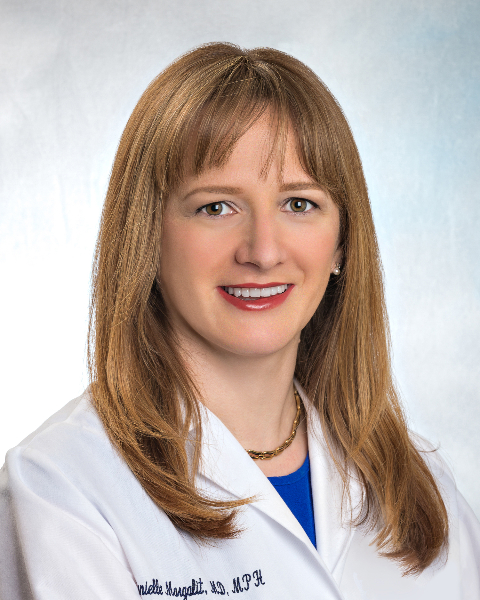Head and Neck Cancer
EDU 06 - A Case-Based Interactive Discussion of the ASTRO Clinical Practice Guideline for HPV-Positive Oropharyngeal Squamous Cell Carcinoma
AMA PRA Category 1 Credits 1.25
CAMPEP Credits: 1.25
MDCB Credits: 1.25
-

Danielle Margalit, MD, MPH
Dana-Farber Cancer Institute
Boston, MA, United States -
DS
David Sher, MD, FASTRO, MPH
University of Texas Southwestern Medical Center
Dallas, TX, United States
Moderator(s)
This is a case-based session designed to provide attendees with practical guidance on management of HPV-associated oropharyngeal squamous cell carcinoma (OPSCC) and highlight areas of uncertainty where there may be a range of acceptable treatment approaches. HPV-associated OPSCC continues to increase worldwide. Due to the improved prognosis of HPV-associated OPSCC and growing population of survivors, prospective studies have focused on reducing the long-term effects of treatment by "de-intensifying" standard therapies, including surgery, radiation therapy (RT) and systemic therapy. The goal of such studies is to maintain cure rates and minimize the acute and long-term effects of treatment. Additionally, there is variation in post-treatment imaging assessment and use of ctDNA-based biomarkers. In the face of prospective and retrospective studies with varying treatment approaches, there can be clinician uncertainty about clinical management of patients with HPV-associated OPSCC treated with definitive or postoperative RT, particularly regarding RT dosing, fractionation, incorporation of systemic therapy, and use of imaging and biomarker-based response assessment. Therefore, ASTRO convened a multi-disciplinary taskforce with representatives from ASCO and AHNS to review the existing literature and provide guidance for clinical management of patients with HPV-associated OPSCC.
Presentations:
-
2:45 PM - 2:47 PM ETIntroductions
Speaker: Danielle Margalit, MD, MPH – Dana-Farber Cancer Institute
-
2:47 PM - 3:02 PM ETSystemic Therapy in the Curative Management of Patients with HPV-Positive Oropharyngeal SCC (OPSCC)
Speaker: Paul Swiecicki, MD – University of Michigan
-
3:02 PM - 3:17 PM ETPostoperative RT for HPV-Positive OPSCC
Speaker: Musaddiq Awan, MD – Medical College of Wisconsin
-
3:17 PM - 3:32 PM ETDefinitive RT for HPV-Positive OPSCC: Dose, Fractionation, Target Volumes
Speaker: Christina Chapman, MD, MS – Baylor College of Medicine
-
3:32 PM - 3:47 PM ETSurgery for HPV-Positive OPSCC
Speaker: Joseph Califano, MD – UC San Diego
-
3:47 PM - 4:00 PM ETQuestions and Answers
Speaker: David Sher, MD, FASTRO, MPH – University of Texas Southwestern Medical Center
